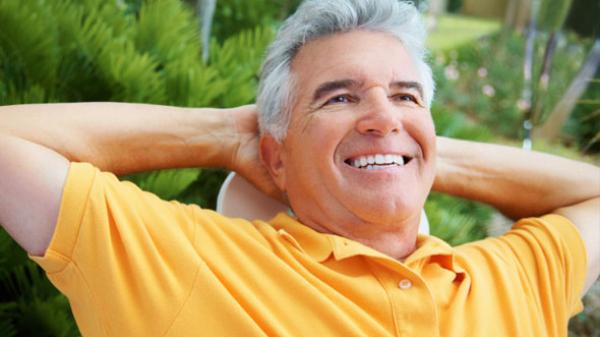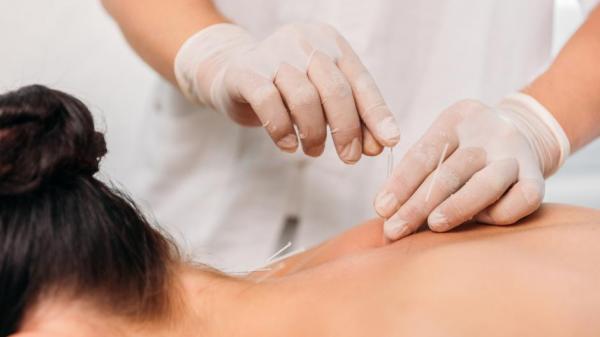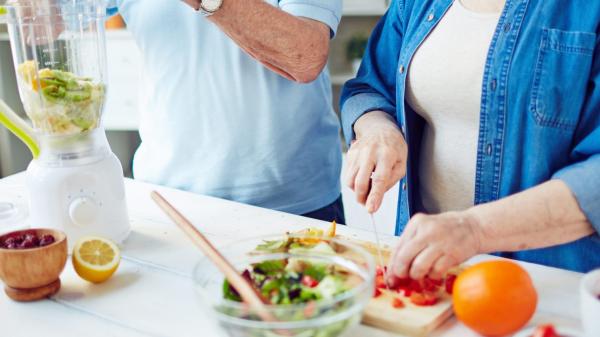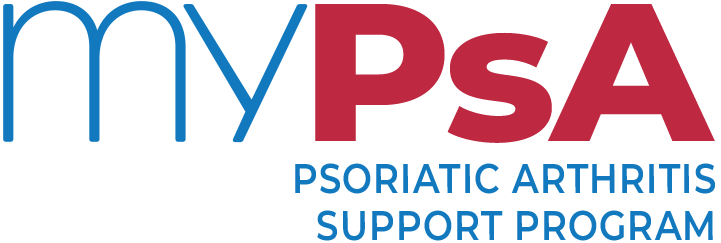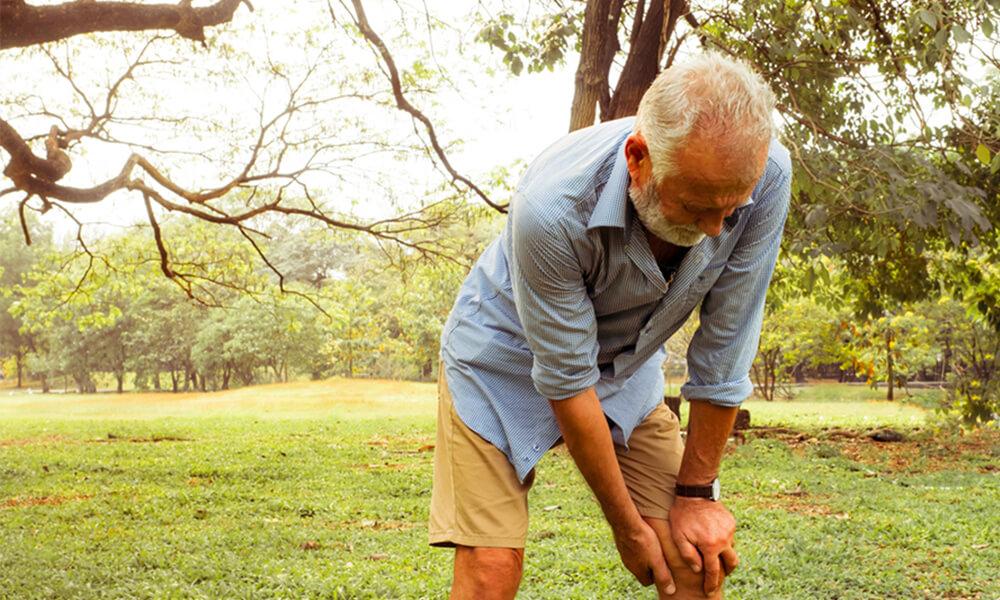
How does arthritis affect the knees?
The knee is commonly affected by psoriatic arthritis (PsA).
If your arthritis is affecting your knees, you may experience knee pain, your knee may look swollen and you may have restricted movement, especially difficulty bending your knees. You may also notice that your muscles above the knee (quadriceps) are weaker than they were. If arthritis of the knees progresses it can result in structural changes, such as knocked knees or bow-leggedness. Here your lower legs are no longer straight and the knees are either bent inwards or outwards.
There are many things that can help you manage arthritis of the knee. The first steps are regular exercise, weight loss and using medicines wisely.
Should I see a doctor?
While knee pain is common in people with arthritis, you should still talk to your doctor or other health professional if your knee pain is bothering you or is persisting. They will ask you about your symptoms, examine your knees and assess your arthritis.
What can I do?
There are many treatments that can be helpful for arthritis of the knee. Here are some tips.
Weight loss
Being overweight can lead to more pain and damage to knees affected by arthritis. Even modest weight loss can noticeably reduce pain. You may find it useful to see a dietitian for advice about healthy eating and weight loss if you are finding it difficult to maintain a healthy body weight.
Exercise
Regular exercise is one of the most important treatments for arthritis of the knee. It helps to reduce pain and maintain your general health. To protect your sore joints, try low-impact activities where there is less force or weight going through your knees. Examples of low-impact activities include swimming, cycling and walking. You could also try:
- Water exercise: buoyancy of the water takes pressure off your knees and you may find you can move more freely than you can on land. See water exercise for more information.
- Strengthening exercises: Exercises to strengthen the muscles around your knee can also help reduce pain. See strength training for more information.
- Tai chi: Studies show that tai chi can help reduce pain and stiffness for people with arthritis. See Tai chi for more information.
If you have knee pain, you are more likely to have weakness and tightness of certain muscles in the knee, hip and leg. If possible, consult a physiotherapist or exercise physiologist for advice about a program to suit you.
See exercise and PsA for more information.
Medicines
Your doctor may recommend certain medicines to help control your arthritis and reduce your knee pain. Talk to your doctor or pharmacist about medicines and the best way to use them for your condition. See Medicines for more information.
Aids or supports
Walking sticks or canes may help reduce the load on your knee and lessen pain. Always use the walking stick on the opposite side to your sore joint (if your right knee is affected, use the walking stick in your left hand).
CONTACT YOUR LOCAL ARTHRITIS OFFICE FOR MORE INFORMATION AND SUPPORT SERVICES.


